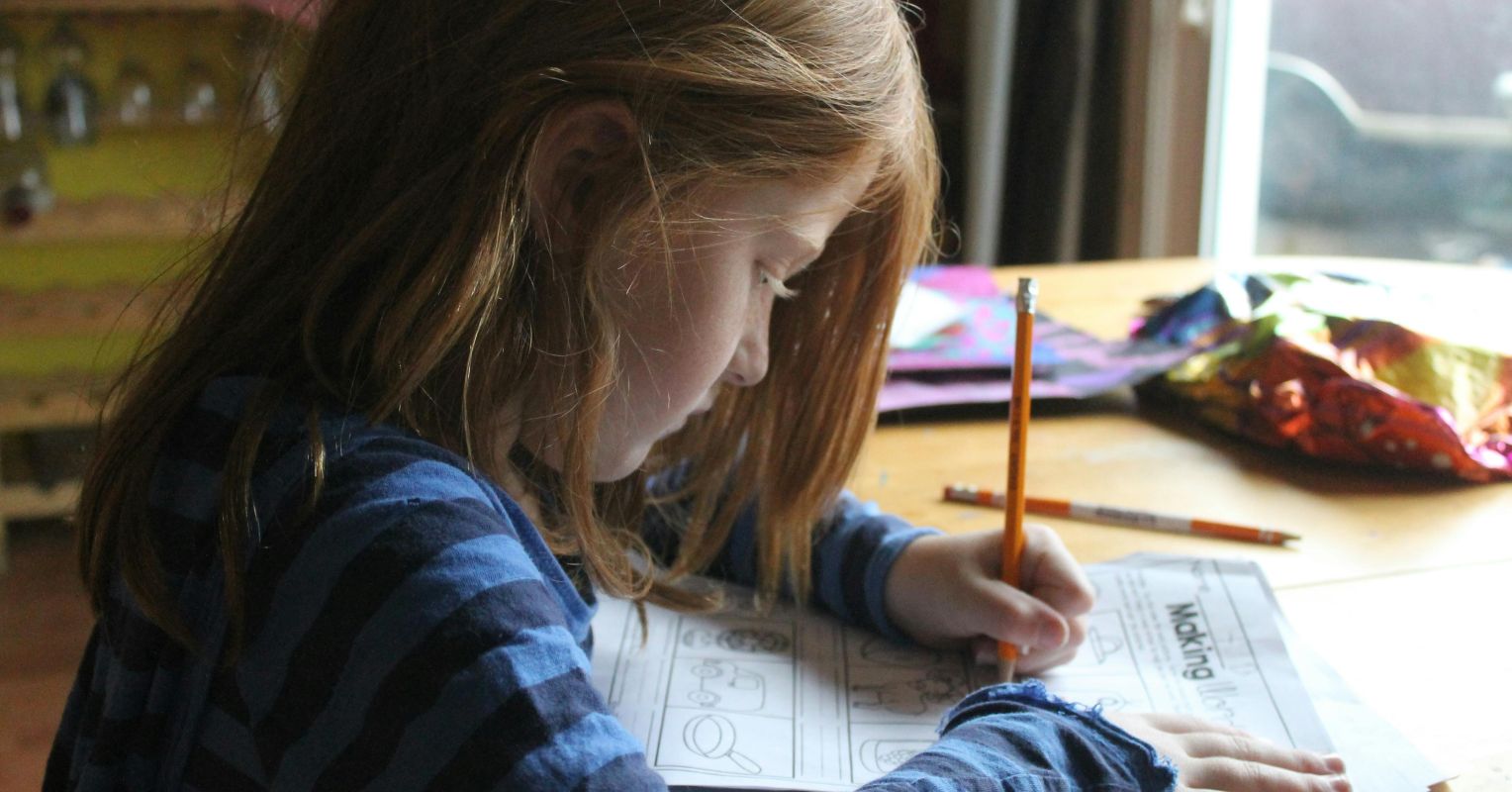970x125
Ready or not, here it comes — homework! Regardless of their age, our children, teens, and young adults will need to get through their assignments. It’s a skill, actually, a strategic skill that requires executive functioning that can make a difference between school feeling like a torture chamber or something your kid is confident they can do.
Create a Designated Space
Our kids and teens need a designated place, other than their bed, where they have space for their planner, books, notebooks, and folders. Sprawl if you wish. Keep the surface free of any other items. Place all pencils, paperclips, post-its, pens, tape, etc., inside the desk. Take out one subject at a time with its items. When done, place those items back inside the backpack, and move on to the next assignment. Your child or teen’s desk should be placed away from a window or doorway and against or between two plain walls.
A clearly designated place for homework, studying, and writing papers helps to create a boundary around the space and its purpose. It also gives a sense of control over the space and the goal that is to be accomplished while in this space. There is no time or energy spent answering the question “where am I working on my homework?” each day, and there is little time spent trying to prepare the space for an assignment. It is reset at the end of each night and is ready again for the next day.
Getting Started
At the end of the school day, our kids are spent and don’t want to work on more schoolwork. Our kids of all ages can take some sort of movement break before starting homework, which may mean a bike ride, jumping on the trampoline, taking a walk, lifting weights, crab walks, bear crawls — something that creates physical regulation and brings attention back to the goal – homework getting done.
Now that you and your child/teen/young adult have a designated space, it’s time to get a designated start time. Initiation, or getting a task like homework (a low preference task) started, is really difficult. Our children and teens often procrastinate because the assignment seems boring, or it feels like it’s going to take a long time.
After a movement break and a snack, let’s get it started! Work on a few problems at a time, writing one paragraph at a time, reading a few pages at a time, and breaking down the assignment enough so that it’s getting done.
Impulse Control: Think Before You Reach
What does impulse control have to do with homework? It means turning off notifications on the phone and placing the phone in another room or on the other end of the room; basically, out of reach. All electronics are out of reach, so there isn’t an opportunity for distraction.
The transition back to school often comes with a sigh because of the limited free time. The goal is to get the work done so that the rest of the evening can be spent engaging in self-directed activity or at least in tasks that are not school-related.



